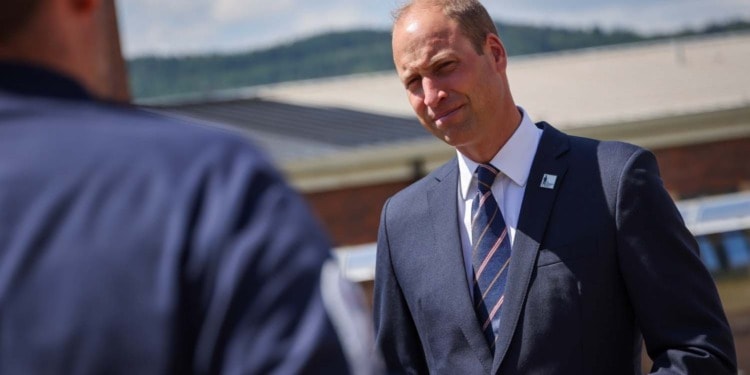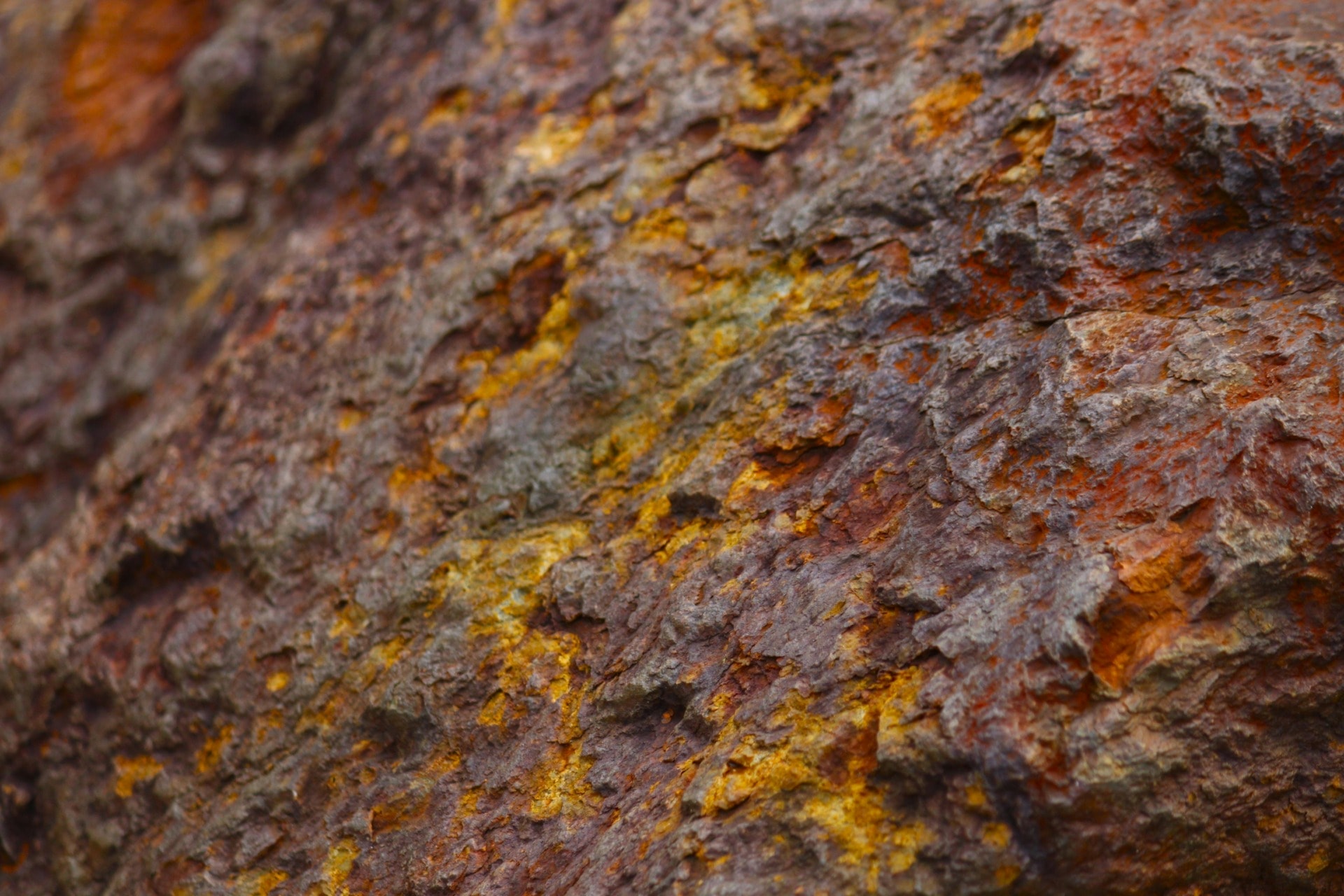At the United for Wildlife global summit in London on October 4, Prince William, the president and founder of the organisation, delivered his first speech since taking on his new role as Prince of Wales. His father, King Charles III, is already being painted as the first “Green King.”
However, one must ask: Does lip-service and charity from the United Kingdom’s Royal Family still suffice in the growing need for climate justice?
United For Wildlife: Combating illegal wildlife trade
United for Wildlife was founded by Prince William through his Royal Foundation in 2014, with the intent to “foster global collaboration in the private sector to stop the trafficking of wildlife products.”
William’s speech at its summit on Tuesday both earnestly detailed the many ways in which United for Wildlife has worked towards this goal and brought light to the frequently dangerous work that frontline conservationists are doing to combat poaching.
He began by crediting his own passion for the environment to both his late grandparents, Queen Elizabeth II and Prince Phillip, and his father, King Charles III, who passionately pursued environmental issues during his time as the previous Prince of Wales.
William then described illegal wildlife trading as “one of the largest yet often overlooked international crimes blighting our world – a crime that robs us all of our most precious natural resources and funds organised crime, the harms of which are often directly felt by the most vulnerable communities.”
Evidence of this truth was immediately forthcoming, as the Prince took a moment to remember the life of Anton Mzimba, a wildlife ranger who was killed outside his home in South Africa in July of this year.
Highlights of the speech also included details of the concrete actions which United for Wildlife has undertaken in the fight against the illegal wildlife trade. One such action included increasing the international cooperation necessary to secure criminal sentences for those involved in poaching and trading activities.
William described the recent success in the case of Moazu Kromah, a citizen of Liberia, who was extradited to New York from Uganda and sentenced to 63 months in jail for conspiring to smuggle large quantities of ivory and rhino horn.
Additionally, it was announced that the Eastern and Southern Africa Anti-Money Laundering Group, comprising nineteen countries, will formally enter into an agreement with United for Wildlife, marking the first international public-private partnership for financial crime.
The Prince of Wales ended his speech on a note of hope and determination, beseeching those present and anyone involved with United for Wildlife to “keep believing that this is a crime that can be ended once and for all.”
In addition to his work with United for Wildlife, Prince William has also launched the Earthshot Prize through his Royal Foundation. This prize, first awarded in London last year, is dedicated to rewarding innovation in pursuit of five goals by 2030: to protect and restore nature, to clean our air, to revive our oceans, to build a waste-free world, and to fix our climate.
United for Wildlife’s recently appointed Chief Executive, Amanda Berry, noted in her introductory remarks: “The incredible group of people gathered in this room today is an example of what I’m learning the Royal Foundation does best, bringing people together to tackle society’s most important issues.”
Inheriting a legacy of climate advocacy
Whilst Prince William’s charitable endeavours in the name of environmentalism are impressive, they pale in comparison to those of his father.
From a young age and throughout his tenure as Prince of Wales, Charles fashioned himself a committed environmentalist well before it was mainstream. He delivered his first speech warning against the effects of plastic pollution in 1970.
In the subsequent fifty years, Charles has continued to dedicate countless hours to separate environmental causes throughout the world.
Charles is the leader of a number of initiatives aimed at combating climate change and promoting sustainability including the Prince’s May Day Network, launched in 2007, and the Sustainable Markets Initiative, launched in 2020. The monarch has also been president of the WWF-UK animal charity since 2011.
His family residence, Highgrove House, was the birthplace of his interest in organic farming, which led to the creation of Duchy Originals in 1990. The brand now sells over 200 sustainably produced products.
Related articles: The Upcoming Challenges of King Charles III | Queen Elizabeth’s Passing Sparks Instability in Britain
In the leadup to COP26, which was held in Glasgow in 2021, Charles announced that his Aston Martin had been converted to run on surplus English white wine and whey from the cheesemaking process at his farm. King Charles acted as a keynote speaker at both COP26 and COP21, which was held in Paris in 2015.
Additionally, in 2017 he co-authored a peer-reviewed book about climate change, published as the first of the Ladybird Expert series.
However, some argue that actions of this nature are nothing more than lip-service by someone who holds enough financial power to make a far greater tangible difference to the problems that he describes.
Critics point out that in his new role as King, Charles could lead by example and divest more of the Royal Family’s money from fossil-fuel interests. Even now, Prince William’s Royal Foundation, which funds the Earthshot Prize discussed above, invests with two firms that have vested anti-environment interests.
In 2021, the Royal Foundation kept more than £1.1m with JP Morgan Chase, a bank which continues to rely heavily on fossil-fuel investments. The foundation also had £1.7m in a fund managed by Cazenove Capital, who own shares in large food companies that buy palm oil from companies linked to deforestation.
Private jet usage is also an obvious carbon-heavy accessory to the Royal Family’s frequent travel. Charles has been publishing the carbon footprint of his household, including non-official travel, since 2007.
King Charles also has a record of disagreeing with the use of wind-turbines as a source of renewable energy on his estates, describing them as a “horrendous blot on the landscape.”
Still, some argue that Charles has been hugely helpful for the environmental cause simply due to his cultural impact. As a member of the Royal Family, an institution traditionally revered by conservatives in the UK, he has allowed environmentalism to achieve greater bipartisan acceptance than in other countries with similar levels of political division.
What will William’s legacy be?
As William steps into his father’s shoes as the new Prince of Wales, his choice to deliver his first speech at a summit of this nature has many broader implications.
In accordance with the traditional rules and conduct of Britain’s constitutional monarchy, King Charles will now refrain from pursuing or discussing any overtly political issues. This also means that he will contribute less active support to his environmental efforts.
During his first speech to the United Kingdom as King, Charles stated, “It will no longer be possible for me to give so much of my time and energies to the charities and issues for which I care so deeply, but I know this important work will go on in the trusted hands of others.”
Now that Prince William has officially stepped into the role of Prince of Wales, his choice of occasion for his inaugural speech indicates that the King’s trust will find fruit in his son and heir.
However, it is possible that King Charles’ passion for the environment will be throttled further by the current British government and its head, Liz Truss.
Truss was described by the Green Party as a “disaster” for the environment, which seems to have proven true by her quick appointment of a climate sceptic, Jacob Rees-Mogg, to lead the energy ministry. Additionally, there are reports that King Charles’ choice not to attend COP27 in Egypt is due to the recommendation of Truss.
Perhaps King Charles senses the growing dilemma between aligning with the constitutional tradition of remaining politically neutral or treating the future of humanity as an entirely apolitical situation. So far, it seems as though tradition will come first, in more ways than one.
He will remain silent, whilst passing the baton along to his son, in the same way that it was passed along to him by his parents. As a member of the younger generation, it is possible that the new Prince of Wales will feel the looming threat even more keenly than his father and act on it with a similar, if not greater, sense of immediacy.
Editor’s Note: The opinions expressed here by the authors are their own, not those of Impakter.com — In the Featured Photo: Prince William visits the Home of the UK Submarine Service in Argyll and Bute to meet with service personnel and to officially open a multi-million-pound training facility, Featured Photo Credit: Wikimedia Commons.









